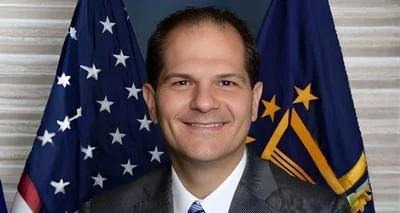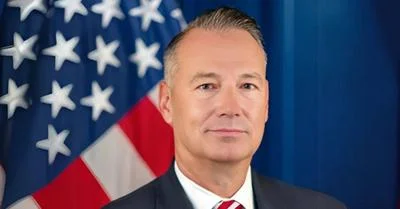The Chicago City Council voted on the One Fair Wage ordinance in a special meeting held last Friday. | Mayor Brandon Johnson / X
The Chicago City Council voted on the One Fair Wage ordinance in a special meeting held last Friday. | Mayor Brandon Johnson / X
The Chicago City Council on Friday approved an ordinance that will eliminate the sub-minimal wage for service-industry workers including waiters, bartenders, and other staff that receive compensation from tips.
The ordinance, which calls for increasing the base pay for tipped workers from $9.48 per hour minimum to a $15.80 hourly rate over five years, was approved in a 36-10 vote.
The hourly rate is set to increase by 8% per year for five years.
The first minimum wage increase for tipped workers is set for July 1, according to Restaurant Dive.
Mayor Brandon Johnson praised the so-called "One Fair Wage" ordinance on social media following the vote.
"This is the culmination of years of advocacy, and a win for Black and Brown women, and workers across our great city. Thank you to all who fought to make history," Johnson posted.
Illinois Restaurant Association president Sam Toia has said that his organization reluctantly agreed to the wage increase after Johnson agreed to phase in the pay boost to tipped workers over five years.
After the vote, Toia issued a statement saying, “While we wholeheartedly disagree with the decision to move forward with the elimination of the tip credit, we do believe the amended 5-year phase-in plan is a compromise we can accept and represents a middle ground between what our members want and the City’s legislative priorities. Change is always difficult, and we have fought such proposals for years; however, negotiations require concessions by both sides to come to a resolution, and this ordinance is the result of an open dialogue between our organization, the Mayor’s office, and members of the Chicago City Council. While imperfect, our Board of Directors believed a deal to extend the implementation period was the best way for our industry to move forward and adjust to the City’s new stance on this issue,” WGNTV reported.






 Alerts Sign-up
Alerts Sign-up